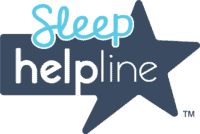We celebrated World Narcolepsy Day, Sept. 22, 2021 with an international broadcast, “Narcolepsy Around the World.” People living with narcolepsy joined us from Australia, China, Poland, Germany, Israel, Angola, and Brazil to share their stories and perspectives on awareness, diagnosis, treatment, and support.
The Narcolepsy Nerd Alert series invites listeners to dive deeper into specific topics relevant to living with narcolepsy. To explore more topics related to living with narcolepsy, visit our Narcolepsy Nerd Alert page and check out corresponding toolkits available to download for free.





